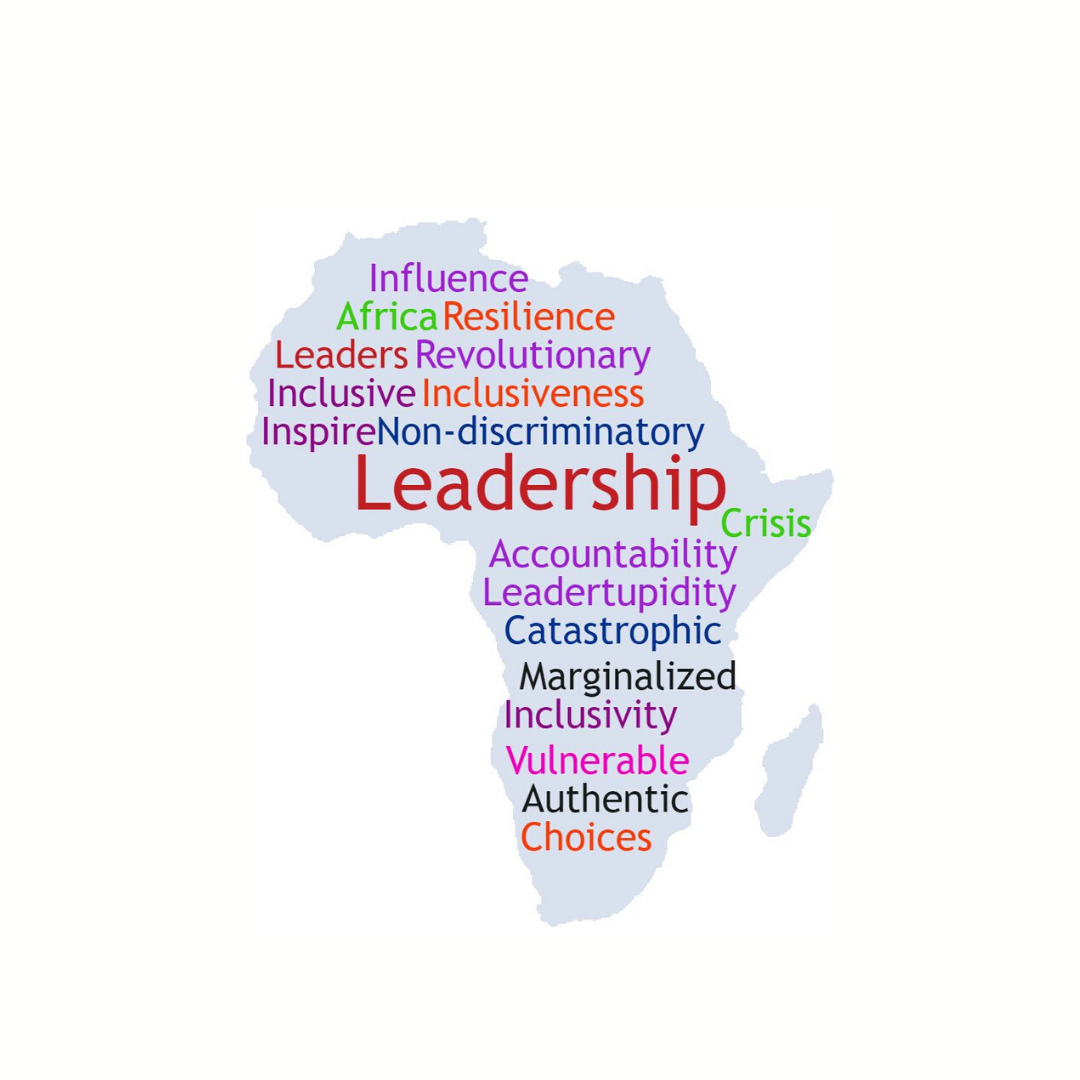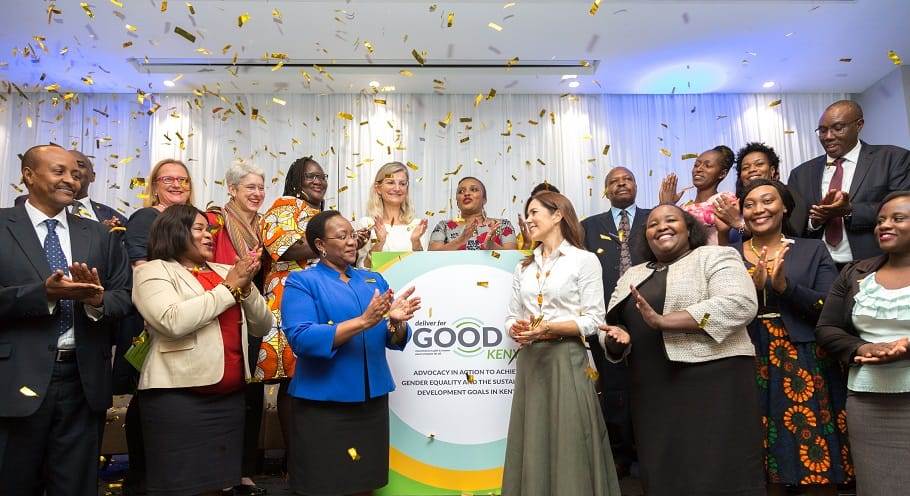Finding Womankind’s role in supporting the African women’s rights movement
Laura Brown – 17th March 2017
This month, I am camping out at the offices of FEMNET – The African Women’s Development and Communication Network https://femnet.org/ in Nairobi. For those not in the know, FEMNET is the only member-based women’s rights network stretching across 5 regions of Africa (North, East, Southern, Central and West) and currently has over 500 members. Through advocacy initiatives, multiple communication channels and strengthening women’s rights organisations, FEMNET and its members present a powerful collective in the African women’s rights movement, able to address barriers to the attainment of women’s rights AT SCALE on the economy, violence against women and girls, women’s leadership and sexual and reproductive health.
FEMNET has a unique Pan-African identify – its membership comprises of strong, skilled, African feminists from across the continent with a deep knowledge of gender injustice in all its forms. FEMNET was conceived and born out of demands made by African women after key moments like the Third World Conference on Women in Arusha, Tanzania in October 1984. It is therefore 100% home-grown.
So I’ve been asking myself as Womankind’s Movement and Network Capacity Manager, what is our legitimate role in supporting the African women’s rights movement as a UK based organisation, not made up of diaspora Africans, not speaking local African languages and not based on the continent? I’m also asking myself what is my role here? I’m a white, British, middle class, able-bodied, straight woman – a real privilege layer cake. There can be no doubt that we all view the world through our own individual frame as we were reminded of by a commentator at the AWID Forum in Brazil in 2016 – https://www.theguardian.com/global-development/2016/sep/17/global-forum-feminists-where-you-live-that-counts-association-womens-rights-development-conference-brazil . So I’m ‘checking my privilege’ daily http://everydayfeminism.com/2014/09/what-is-privilege/ and this is also helping me to shape Womankind’s thinking on our role and approach to supporting the diverse African women’s rights movement.
A key starting point for us under our new strategy is that Womankind is a movement building enabler and is not building movements. This is an important distinction. FEMNET is leading movement building in Africa and we must take ourselves out of the frontline and follow their lead. FEMNET and Womankind certainly have a lot in common and the potential to collaborate is huge. However, before we identify ‘the what’ of collaboration, we must establish ‘the how’ and I think this can be summarised in a few brief steps. These steps aren’t revolutionary new ideas at all, but I think they can all too easily be forgotten under pressure for results and falling back on old patterns of power. Global gender justice is a long game we are all fighting for so a considered, respectful approach between actors is vital to sustain it.
Step One – all women are affected by patriarchy regardless of where we live. This gives us a starting point as allies working in solidarity for gender justice. In this way we are all part of the global women’s rights movement and can justify working together to further our goal.
Step Two – whilst step one is key, Womankind must actively understand our privilege and not perpetuate power imbalances or behaviour found in patriarchal systems in our engagement with women’s rights movements.
Step Three – Deep active listening. It is perhaps too simple to say this but it is so easy to meet with others with pre-conceived ideas of what we think should be done. Active listening is where the gold is found.
Step Four Validate ideas. It is not enough to listen and summarise, we must also validate what we have heard to ensure we haven’t again filtered it through our biases, prejudices and pre-determined agendas.
Step Five – Ongoing communication is key to collaboration. Within this it is important to be open and honest when things are going well and when there are challenges. It is also important that space to be ‘called out’ for our privileged behaviour is found. This builds trust for the long-term.
Related Tags
Related Posts
#COVID-19: Of Leadership vs ‘Leadertupidity’
The COVID-19 pandemic is a menace posing a threat to everyone, in every society. As of 2nd April
Learn MoreFEMNET 2018 Highlights
Dear Members, Partners & Friends, Happy & Spectacular 2019! I’m excited and truly grateful for your unwavering support
Learn More







